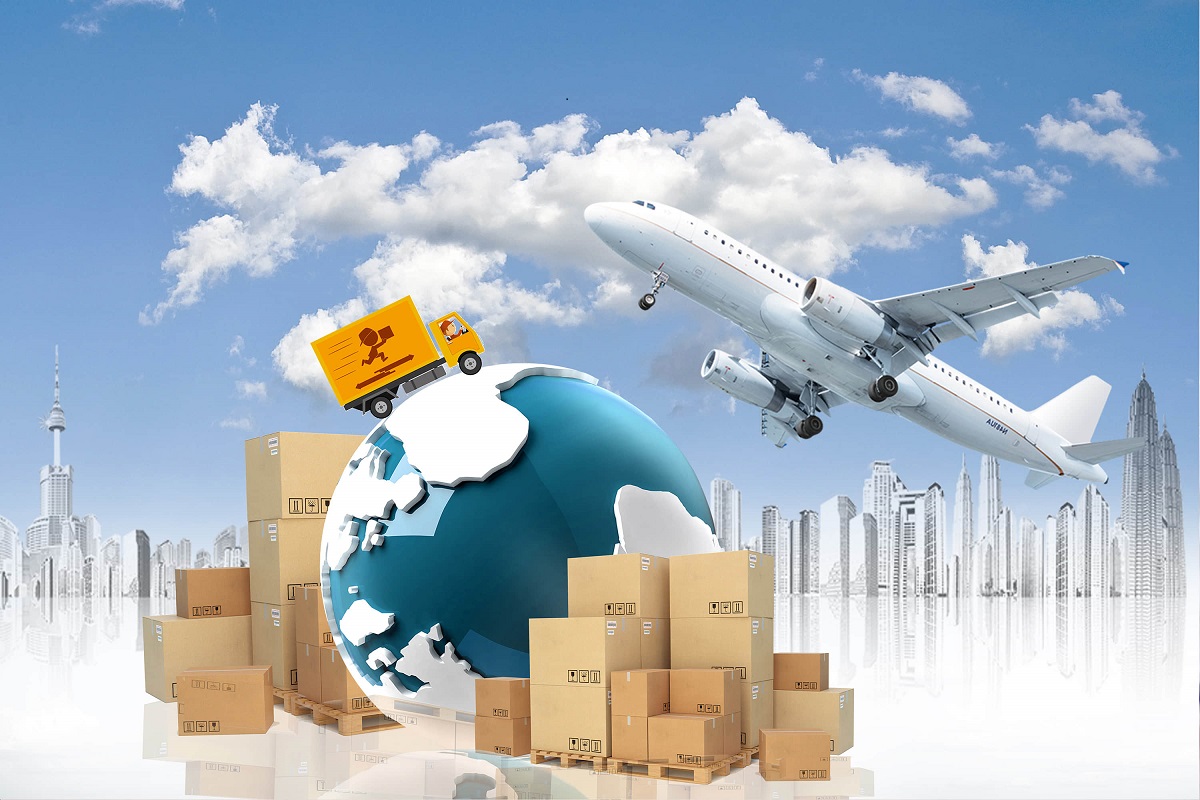The Meaning Of EXW In International Trade
In the ever-changing global trade field, it is crucial to understand various transportation terms. EXW (Ex Works) is a key international trade term. This article will introduce this term in detail.
You may also be interested in: The 11 common international trade logistics terms
The Meaning of EXW
EXW (Ex Works) is a delivery method in international trade, usually applicable to the cargo transportation agreement between the buyer and the seller.
Under the EXW terms, the seller completes the delivery obligation when the seller hands over the goods to the buyer at its location or other designated locations (such as factories, warehouses, etc.). The seller only needs to prepare the goods, and the buyer shall bear all costs and risks of picking up the goods from the seller’s location and transporting them to the destination.
Advantages and Challenges of EXW
Advantages:
- Minimal seller responsibility: The seller’s responsibility is limited to delivering the goods to the buyer’s designated location, and the seller does not need to bear related costs such as transportation, insurance or customs clearance.
- Cost savings: The seller does not bear the transportation costs, which reduces operating costs and is suitable for situations where the seller is not familiar with the transportation process.
- Suitable for buyer-controlled transportation: The buyer can choose the transportation method and logistics supplier according to his own needs, and can better control the transportation cost and time.
Challenges:
- Logistics coordination: Ensure efficient pickup and transportation from the seller’s location.
- Regulatory compliance: The buyer’s responsibilities increase, and he needs to have a deep understanding of logistics and export regulations and deal with complex export and import regulations.
- Higher risk: If the goods are damaged or lost during transportation, the buyer cannot recourse to the seller.
EXW Operation Process
- Contract signing: The buyer and the seller clearly use the EXW terms in the contract and agree on the place of delivery (usually the seller’s factory or warehouse)
- Cargo preparation: Prepare the goods, ensure that the goods meet the quantity and quality specified in the contract, and can be delivered to the buyer.
- Pickup arrangement: The buyer or its designated freight forwarder arranges the means of transport (such as trucks, containers, etc.) to pick up the goods at the place designated by the seller.
- Goods Handover: The seller hands over the goods to the buyer or its agent and provides the necessary documents (such as commercial invoice, packing list, etc.)
- Transportation and customs clearance: Starting from the delivery point, the buyer is responsible for all matters such as transportation, insurance, import customs clearance, etc. from the delivery point to the destination
- Destination: The buyer is responsible for transporting the goods to the final destination and completing all subsequent work such as customs clearance, destination transportation, unloading, etc.
Comparison of EXW with Other Trade Terms
Compared with other common trade terms, EXW has the lowest seller responsibility, mainly due to the following differences:
- FOB (Free On Board): Under FOB, the seller needs to transport the goods to the port of shipment and load them onto the ship, and the risk is transferred when the goods cross the ship’s rail. Under EXW, the seller is only responsible for delivering the goods to the buyer’s designated location, and the transportation risks and costs are entirely borne by the buyer.
- CIF (Cost, Insurance, and Freight): Under CIF, the seller needs to bear the freight and insurance costs of the goods to the destination port; while under EXW, the buyer needs to bear all transportation and insurance costs.
- DDP (Delivered Duty Paid): The DDP clause requires the seller to be responsible for all costs until the goods are delivered to the buyer’s designated location and bear all tariffs and fees at the destination. Compared with EXW, DDP requires the seller to bear much more responsibilities.
Suitable Situations for Using EXW Shipping Terms
EXW is suitable for the following situations:
- The buyer has a branch or agent in the seller’s country and can arrange transportation and customs clearance on his own.
- The buyer wants full control over the shipping process to reduce costs or ensure the safety of the goods. EXW can provide more flexibility.
- The seller is not familiar with the international shipping and customs clearance process, or is unwilling to assume the relevant responsibilities.
- There is a good trust relationship between the seller and the buyer. EXW requires the buyer to assume all responsibilities.
EXW is a common delivery term in international trade. EXW provides greater flexibility and low risk for the seller. Through this article, you can learn how to fully apply this term to ensure the smooth progress of the transportation process.
 English
English 简体中文
简体中文 繁體中文
繁體中文 Afrikaans
Afrikaans አማርኛ
አማርኛ Español
Español العربية
العربية Français
Français Dansk
Dansk Български
Български Беларуская мова
Беларуская мова বাংলা
বাংলা Português
Português Русский
Русский Afsoomaali
Afsoomaali فارسی
فارسی Türkçe
Türkçe كوردی
كوردی Deutsch
Deutsch 日本語
日本語 ไทย
ไทย Tiếng Việt
Tiếng Việt Italiano
Italiano עִבְרִית
עִבְרִית 한국어
한국어 Română
Română Nederlands
Nederlands Bahasa Indonesia
Bahasa Indonesia Shona
Shona



